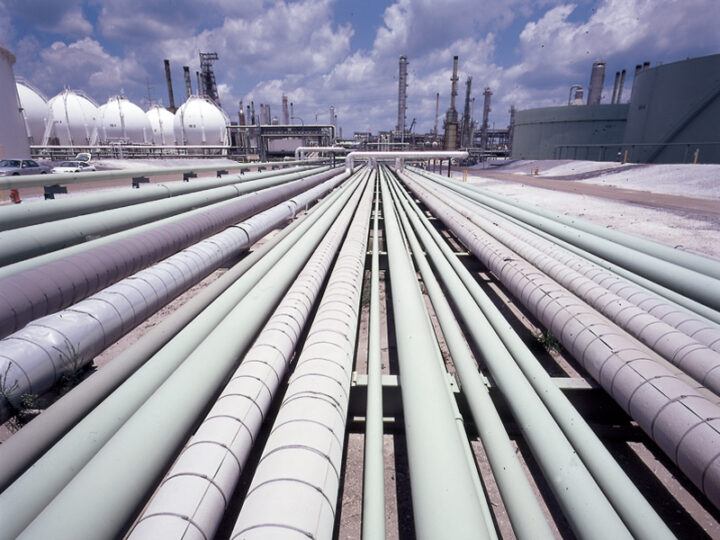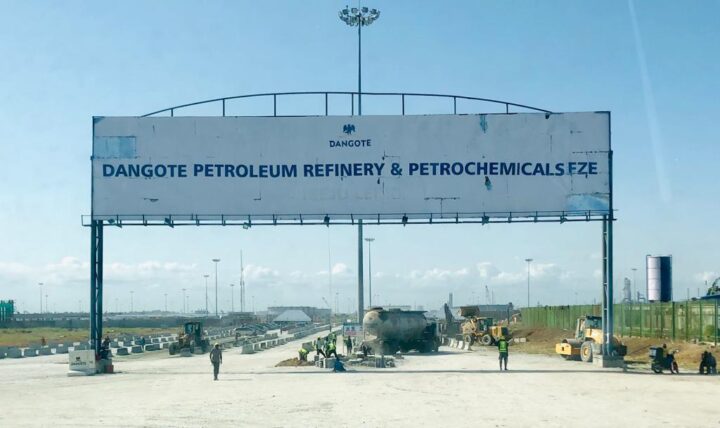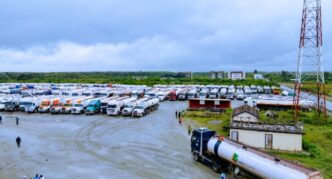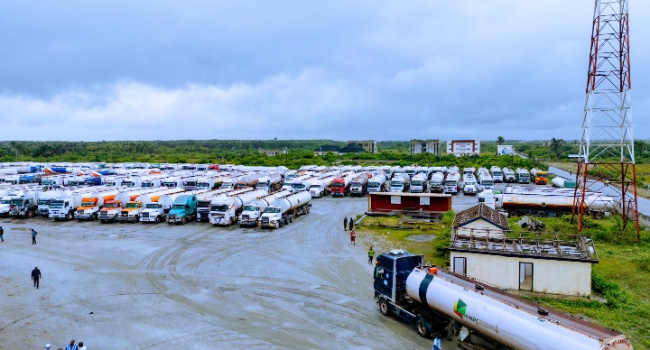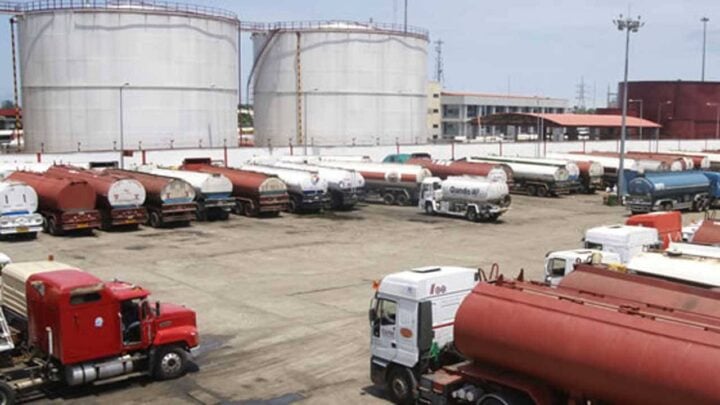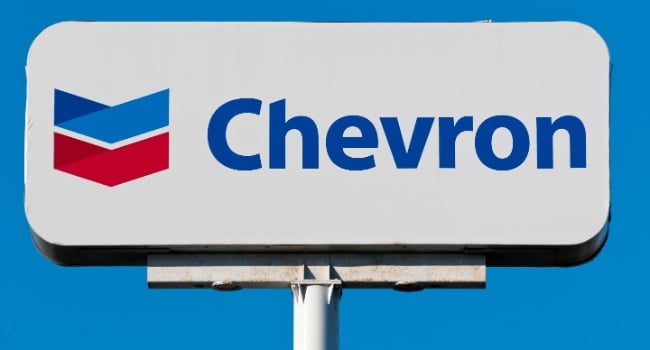Ekperikpe Ekpo, minister of state for petroleum resources (gas), says the proposed African-Atlantic gas pipeline (AAGP) will strengthen Africa’s energy security and unlock new markets when operational.
Ekpo spoke on Friday at a joint meeting of the Economic Community of West African States’ (ECOWAS) ministers of hydrocarbons and energy, which had representatives from Morocco and Mauritania, in Abuja.
The meeting focused on institutional agreements to support regional access to natural gas and expand it globally.
Ekpo described the AAGP project as a key step toward building an interconnected hydrocarbon and energy infrastructure within Africa, reflecting the region’s vision for a connected and economically vibrant pipeline network.
Advertisement
“These draft institutional documents, which we will agree upon, will be presented to the ECOWAS heads of government during the forthcoming meeting in December 2024,” the minister said.
“The intergovernmental agreement serves as the framework guiding relations between the states involved, ensuring collaboration and equitable terms.
“The host government agreement forms the foundation of a mutually beneficial partnership that promises stability in our investment climate.
Advertisement
“The draft agreements should be an affirmation of our commitment to enhance trade within ECOWAS and other African countries, facilitating natural gas access across the region, and expansion in global gas markets.”
Ekpo added that linking Nigeria’s gas reserves to North Africa and Europe would drive economic growth, job creation, and industrialisation, benefiting communities across the linkage countries.
Also speaking, Mele Kyari, group chief executive officer (GCEO) of Nigerian National Petroleum Company (NNPC) Limited, described the project as Africa’s most transformative initiative, aimed at linking 30 African nations in shared prosperity and growth.
Represented by Ogunleye Olalekan, executive vice president of gas, power, and new energy, Kyari said NNPC is positioned to drive the project forward, utilising its expertise in gas production, processing, and transmission.
Advertisement
“Progress has been made with the front-end engineering design phase two study now completed,” Kyari said.
“Work is already ongoing for service, environmental and social impact assessments, while life acquisition and resettlement policy framework are also in progress.
“These achievements underscore our shared capacity and resolve to bring this pipeline project to fruition, demonstrating both the project’s viability and our capability for effective execution.”
‘PROJECT HAS REACHED CRITICAL STAGE’
Advertisement
Sediko Douka, ECOWAS commissioner for infrastructure, energy and digitisation, said the project had entered a critical stage, urging all parties to work together closely and effectively to make it a reality.
“This project is of vital importance to our region, as increased access to natural gas will not only boost our electricity generation capacity, but also will drive economic, industrial and agricultural growth across the region,” he said.
Advertisement
On September 21, Ekpo said the Nigerian and Libyan governments are in talks to develop a regional gas pipeline to strengthen energy cooperation between the two countries.
The minister said they discussed the possibility of “developing a regional gas pipeline from Nigeria to Libya”.
Advertisement
Also, on June 16, 2023, the NNPC signed four memoranda of understanding (MoUs) with five African countries as part of the Nigeria-Morocco gas pipeline (NMGP) project.
The national oil firm said the deal was sealed with Morocco, Cote d’Ivoire, Liberia, Benin, and Guinea.
Advertisement
